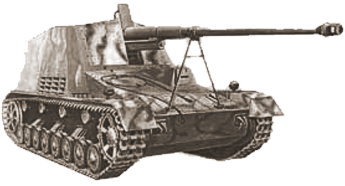Codenamed Cobra, the Allied breakout from the Normandy Beachhead finally began late in July 1944 after a brief but intense planning stage. In directing Cobra U.S. General Omar Bradley left nothing to chance; as Cobra's objective was nothing less than breaking out of the bridgehead in Normandy in which the Allied army's had been bottled up for the better part of two full months.
Articles
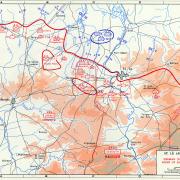
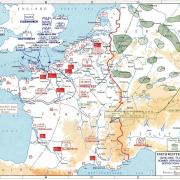
Initially Germany approached the problems inherent in defending occupied France as largely one of preventing special operations conducted by the British.
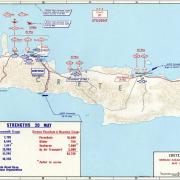
The wisdom of the two-week German campaign in Crete remains heavily debated to this day. On the one hand, there is no doubt the loss of Crete weakened Britain's position in the Eastern Mediterranean at a crucial point in the war. On the other hand, some have argued the Germans lost an opportunity to seal off the Central Mediterranean via attacking Malta, astride Axis supply lines to North Africa.
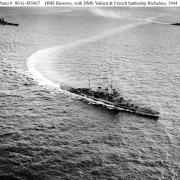
Scandinavia took on ample significance to both Germany and Britain late in the winter of 1939-1940. The subsequent events in Scandinavian waters during the spring of 1940 would prove even more strategically significant following France's capitulation in June of 1940. The following will explain why.
Following the outbreak of the Second World War, a politically weakened Neville Chamberlain had brought one of his leading dissenters, Winston Churchill, into his cabinet as First Lord of the
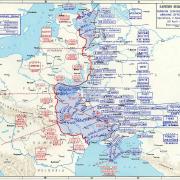
Throughout the winter of 1943-1944 Stavka maintained a relentless pace, consistently ordering up sequential offensives that never allowed the Germans to effectively regroup and build up reserves.
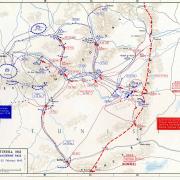
The Battle for Kasserine Pass represents one of the worst American military performances in the twentieth century. That said, as bad as the Battle for Kasserine Pass went it could have been a lot worse.
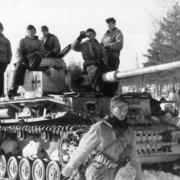
When discussing the January 1943 fighting between Germany and the Soviet Union the overwhelming majority of today's literature focuses on events at Stalingrad. In doing so, a major disservice is done to history, for in the first three months of 1943 the Red Army attempted to crush the German Sixteenth Army and Army Group North much as it had eliminated the German Sixth Army and attempted to destroy the German Army Groups in Southern Russia.
In Northwestern Russia the nearly one and one half
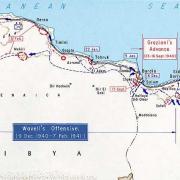
Italy joined Germany's war on June 11, 1940 when Mussolini opportunistically declared war on the seemingly defeated British and shattered French states. Mussolini hoped to share in German victory over France; he did, but in the process made several monumental errors that squandered what should have been a powerful addition to Germany's war effort.
Mussolini's greatest error, beyond siding with Germany, was his overambitious foreign policy.
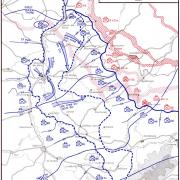
The fall of 1944 ranks among the most difficult months the United States Army experienced in the entire 20th Century, if not her entire history. Along the center of the Allied front, along the German border near the medieval city of Aachen, General Hodges VII and V Corps endured one shattered rifle division after another. Aachen was the first significant German city the allies captured in the war, with a population of 165,000 people.
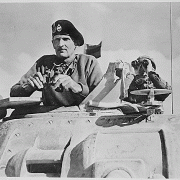
In October 1942 yet another tipping point had arrived in the two year battle fought between Axis armies led by German Field Marshal Erwin Rommel and the British Eighth Army. Although at one time or another each combatant army had won an advantage over its foe, this time Lieutenant General Bernard Law Montgomery's British Eighth Army stood ready to hammer Rommel's PanzerArmee - woefully overextended at the end of a deeply frayed line of supply across the North African desert.
The turn of events

